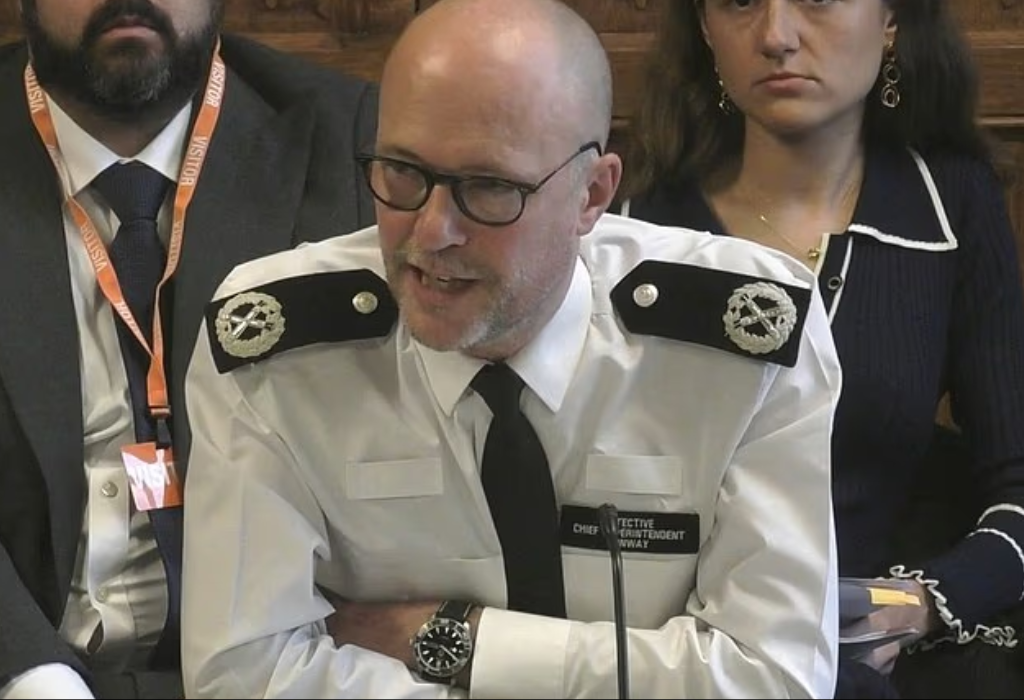News | Events | Digital PR | Advertising
Apple and Google Clash with Police and MPs Over Phone Thefts

Senior figures at Apple and Google have clashed with the police over its recommendations for how best to deal with phone theft in the UK.
The Met’s James Conway told the Commons Science, Innovation and Technology Committee – which is considering the question – that two-thirds of thefts in London now relate to mobile phones.
With up to 70% of knife crime linked to robbery, he told MPs that meant phone theft was “significantly driving parts of our violence problem”.
The Met wants phone companies to use the unique identifying number – known as an IMEI – that each device has to block any that are reported as stolen.
But Apple and Google who dominate the market raised concerns about the idea. “Focusing on IMEI blocking might miss some of the problems,” Apple’s head of law enforcement requests, Gary Davis, told the committee.
“We worry that there is a vector for fraud… we are concerned about a world where it would be a person who claims to be the owner who’s asking.”
Stolen devices are blocked from being used in the UK by phone networks by using its IMEI, but this is not the case globally.
This means a stolen phone can still be used in some other countries if a criminal is able to bypass the device’s security.
But Mr. Davis said he was concerned that phone owners already face “extensive fraud attempts”, which he estimated at more than a thousand people trying to access devices each month.
“They do it for malicious purposes, they do it to maybe blackmail you,” he said.
“I would like to think in an area such as this our expertise built up over time in relation to attack vectors would mean something.”
Apple has introduced Stolen Device Protection while Android – which is owned by Google – has brought in Theft Detection Lock.
Explore more
Tiwa Savage Marks Triumphant Return with New Album “This One Is Personal” After Five-Year Hiatus
After a long wait, Nigerian music superstar and queen of Afrobeats, Tiwa...
Scientists Research Nigeria’s Okra, Maize, Four Other Crops During NASA’s Space Mission
International astronauts will research six indigenous Nigerian crops and seeds during the...
Tinubu appoints Omotenioye Majekodunmi as Director-General of National Council on Climate Change
President Bola Ahmed Tinubu has appointed Mrs. Omotenioye Majekodunmi as the new...
Tinubu Extends Tenure Of The Comptroller-General Of Customs By A Year
President Bola Tinubu has approved a one-year extension of the tenure of...












Leave a comment